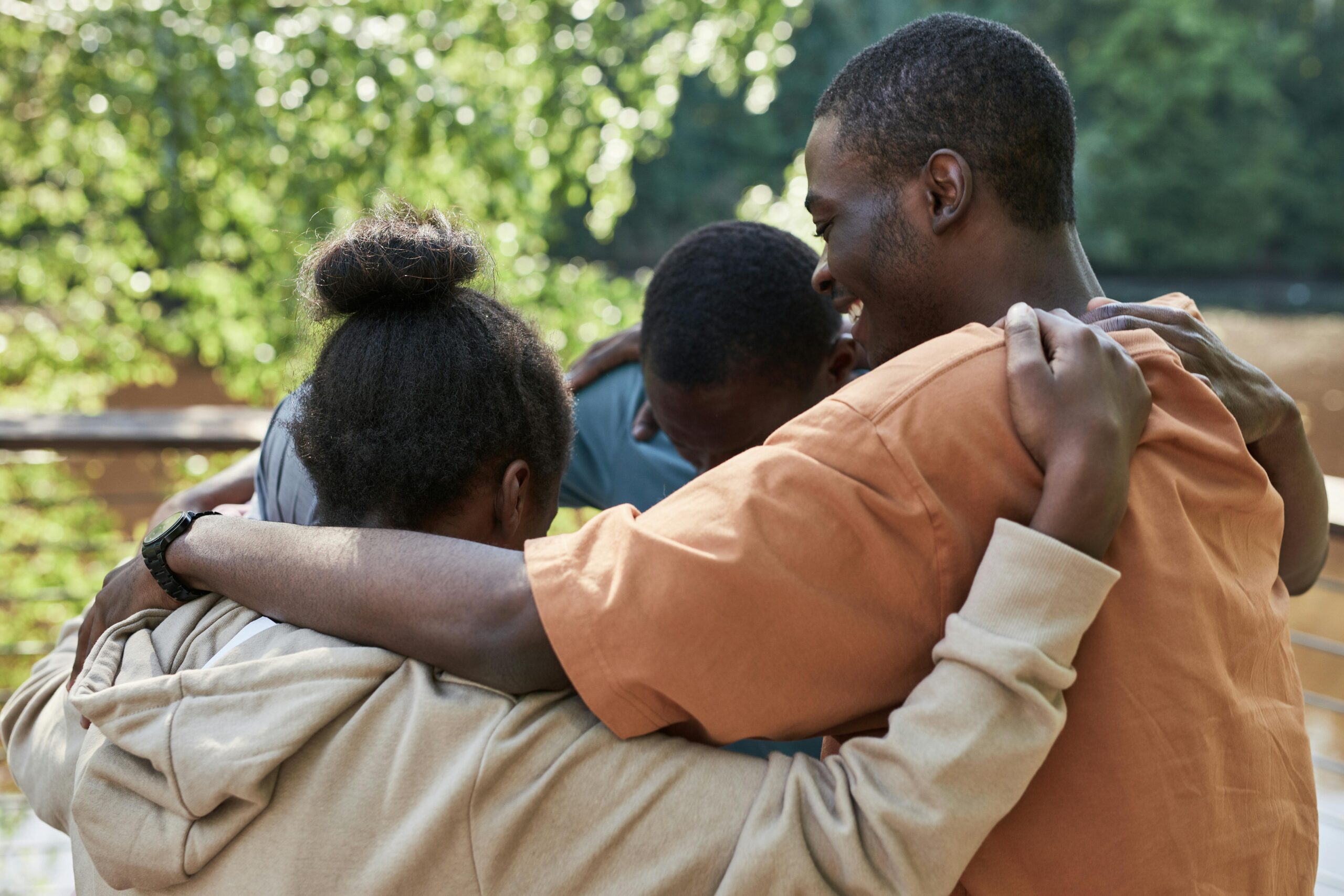1. Understand the Unique Challenges
Parenting while in recovery means balancing two demanding roles: healing yourself and caring for your children. According to Virtue Recovery Center, common challenges include:
- Guilt and shame over past behavior
- Fear of relapse and its impact on children
- Rebuilding trust after broken promises
- Managing emotional triggers while staying present
Addiction often strains marriages — our article on spouse gambling addiction and the impact on relationships explores this dynamic in depth.
“Recovery is a lifestyle evolution. It’s not just about removing substances—it’s about changing how you live, love, and parent.” — Sarah Allen Benton, Licensed Addiction Counselor
2. Prioritize Your Recovery
Your sobriety is the foundation of your parenting. Without it, stability is fragile.
- Attend online therapy or support groups regularly.
- Practice self-care through exercise, mindfulness, and rest
- Create a relapse prevention plan with emergency contacts and coping tools
- Setting family boundaries in addiction healing helps protect both your sobriety and your children’s stability.
Therapy can be a steady anchor as you rebuild both your life and your role as a parent. The Online Therapy Toolbox offers CBT-based support through video, phone, and chat sessions—designed to help you stay grounded, emotionally present, and committed to your recovery.
3. Rebuild Trust with Your Children
Trust takes time—and consistency.
- Be honest about your recovery in age-appropriate ways
- Follow through on promises, even small ones
- Validate their emotions, even if they’re angry or confused
- Apologize sincerely and make amends through actions
“Children need predictability, truthfulness, and emotional safety to rebuild trust.” — Sobriety Sisterhood
4. Create Structure and Stability
Children thrive on routine. It helps them feel safe and grounded.
- Set regular meal, bedtime, and homework schedules
- Use visual calendars or chore charts to reinforce consistency
- Establish clear rules and consequences with compassion
- Include family rituals like game nights or shared meals
5. Practice Open Communication
Talk about recovery, emotions, and expectations with honesty and warmth.
- Hold family check-ins to share feelings and updates
- Use “I feel” statements to model emotional expression
- Encourage journaling or creative outlets for kids
- Be open to questions about addiction—answer with truth and care
“By explaining it in a way they understand, they’ll know this isn’t a bad person—it’s someone who needed help.” — WebMD via Breakthrough Recovery
6. Manage Guilt and Perfectionism
- Forgive yourself for past mistakes
- Avoid overindulgence or leniency out of guilt
- Focus on progress, not perfection
- Celebrate small wins—like a calm bedtime or a shared laugh
Gentle tools like ambient music for gambling addiction recovery: calming soundscapes for healing can ease stress and create a peaceful home environment.
“We must work the steps and regain our self-esteem, so we don’t parent out of guilt.” — NA Basic Text
7. Build a Support System
Lean on others who understand your journey. A strong network reinforces stability.
- Lean on family, friends, and recovery peers
- Join parenting support groups like Al-Anon or Families Anonymous
- Seek family counseling to rebuild relationships
- Explore online sober coaching for flexible guidance
Resources That Support Parenting While in Recovery
Organizations and Communities
-
- Sobriety Sisterhood – Parenting in Recovery articles and peer guidance
- Hopestream Community – Podcast and resources for parenting and recovery
A recovery path designed for you
Try the Life Process Program® — non-12-step, confidential, and self-paced, supporting gambling recovery on your schedule.
Get 15% off with code HIGHSTAKES.
Recommended Book
 The Girl Gambler by Stacey Goodwin
The Girl Gambler by Stacey Goodwin
A raw and honest memoir about a young woman’s secret struggle with gambling addiction and her fight to reclaim her life. Stacey Goodwin shares the emotional highs and devastating lows of her compulsion, offering a vulnerable and relatable look into how gambling can consume a person from the inside out. Her story provides hope, understanding, and inspiration for anyone trying to break free from addiction.
Recovery takes guidance, and books can provide both comfort and practical strategies. Visit our Books Page for Recovery collection to explore guides, memoirs, and workbooks that support lasting change.
Podcasts
- My Child & Addiction — Real stories from families navigating recovery
- Hopestream Community — Honest conversations about parenting in recovery
- Recovery Rocks — Family dynamics, healing, and resilience in recovery
A Safe Space to Heal
Talking to a professional can bring clarity and relief. Online-Therapy.com connects you with therapists who specialize in helping people rebuild life after gambling.
Gentle Tools to Begin
- Subscribe to our newsletter for weekly recovery tools and emotional support
- Visit the Gambling Recovery Roadmap to start your healing journey
- Explore Free Resources if you’re walking this road with someone you love
- Read: Healing Relationships after Gambling Addiction
Final Reflection
Parenting while in recovery is not about being perfect—it’s about being present. Every moment of honesty, every boundary you hold, and every hug you offer is a step toward healing. See the full list of recovery articles for inspiration and healing.
You’re not just recovering—you’re reconnecting. And your children will remember your courage more than your past.





